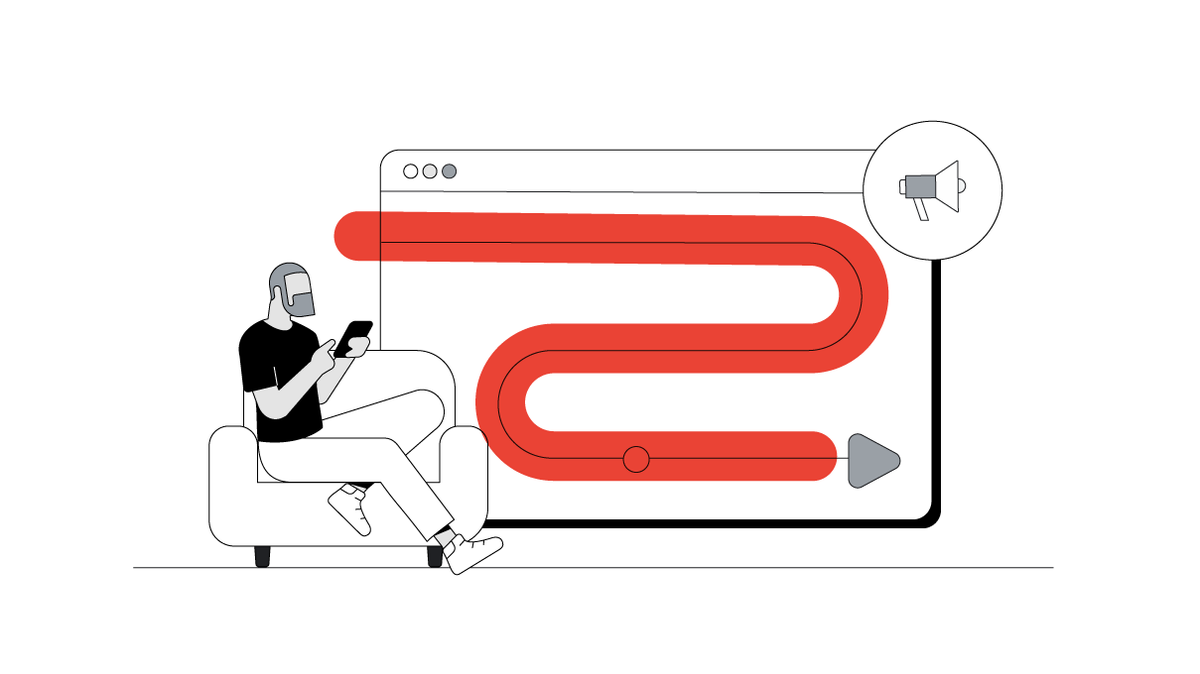By Ramya Parashar
The world of digital marketing is constantly evolving, marked by innovation, adaptation, and technological advancements. At the heart of this transformation lies the integration of artificial intelligence (AI) into programmatic marketing. As marketers strive to optimize their efforts, the latest technologies and sophisticated marketing tools have made this transition smoother than ever before. These strategies not only enhance targeting and personalization but also enable brands to stay ahead of the competition in an increasingly digital landscape. By leveraging AI in programmatic marketing, brands can achieve greater efficiency, effectiveness, and ultimately, better results for their campaigns. Furthermore, the use of AI can help marketers personalize content and messaging, leading to higher engagement and conversion rates.
The Evolution of Programmatic Marketing

Affle posts Rs 1,842.8 crore in revenue from operations for FY24, while net profit stood at Rs 297.3 crore

Game of the Week: Ludo King

Tata Play drops prices; rolls out Super Saver Packs

SaReGaMa posts revenue from operations of Rs 866.66 crore in FY24, net profit stood at Rs 197.56 crore
Programmatic marketing is transforming the way we purchase and optimize digital ad space. It’s not just changing the process, but also our approach to marketing. Programmatic enables real-time optimization and targeted advertising based on data analysis, resulting in more precise and cost-efficient strategies. As technology progresses, marketers must adapt and embrace these changes to remain relevant in the dynamic digital world.
Programmatic marketing is automated, which brings more efficiency and scalability in reaching target audiences. This helps improve ROI for businesses. By leveraging data-driven decisions in real-time, programmatic marketing is revolutionizing how brands connect with consumers online. At the heart of programmatic advertising are AI and data analytics. AI enables advertisers to create highly personalized ads that deliver better returns. The seamless integration of technology and marketing showcases the transformative potential of programmatic approaches in navigating today’s advertising landscape.
AI’s Transformative Impact on Programmatic Marketing
AI is making a big difference in how we do programmatic marketing. By using AI and data analytics, advertisers can optimize their campaigns for better performance and efficiency. This advanced technology allows brands to reach their target audience with precision and relevance, which drives higher engagement and more conversions.
There are several ways AI can have an impact. First, it’s making campaign management easier. AI automates things like ad placement and optimization, which improves efficiency, saves time, and reduces mistakes. This frees up marketers to focus on strategic planning and innovation. Secondly, marketing AI can also provide valuable insights into consumer behavior and preferences, allowing advertisers to tailor their messaging for maximum impact. This personalization helps build stronger connections with customers and increases the likelihood of conversion. Lastly, AI’s real-time data analytics are transforming marketing. With this powerful tool, advertisers can make data-driven decisions and adapt their strategies quickly to stay ahead of the curve. Marketers can now make informed decisions quickly based on up-to-date information, leading to more effective campaigns and better ROI. Overall, AI is revolutionizing the way marketing is done, making it more data-driven and results-oriented.
AI Tools to Leverage in Programmatic Marketing
Innovative AI tools and platforms are constantly emerging, giving marketers new ways to enhance their programmatic strategies. Some popular AI tools include automated bidding systems, predictive analytics, and audience segmentation tools. These tools can help marketers optimize ad placements, target the right audience, and improve overall campaign performance. By using these AI tools, marketers can stay ahead of the competition and maximize their advertising efforts. AI tools can analyze large amounts of data in real-time, providing valuable insights and recommendations to drive successful programmatic marketing campaigns. The outcome is higher conversion rates at a lower cost, as less money is wasted on ads that don’t generate conversions. AI also helps in combating ad fraud (such as false representations of user engagement using click bots) by detecting and blocking fraudulent or non-viewable impressions, as well as enabling further monitoring of the overall quality of ad exchanges. In short, AI tools allow advertisers to reach their target audience more effectively, efficiently, and with greater certainty.
Navigating the Ethical Landscape
As the future of programmatic marketing unfolds, it’s clear that AI will continue to have a significant impact on the industry. With the right AI technologies and best practices in place, marketers can discover new ways to innovate and succeed in the ever-evolving digital landscape. The role of AI in programmatic advertising is undeniable. Now, with the assistance of AI, advertisers are exploring innovative formats like audio advertising and digital out-of-home (DOOH) advertising to diversify their programmatic campaigns and maximize reach. AI enables marketers to accurately target audiences, optimize campaigns in real-time, and achieve higher returns on their investments. AI and generative AI are transformative forces in the industry, and they will only continue to improve as we adapt to changing privacy laws and consumer expectations.
The author is chief operating officer, MiQ
Follow us on Twitter, Instagram, LinkedIn, Facebook




